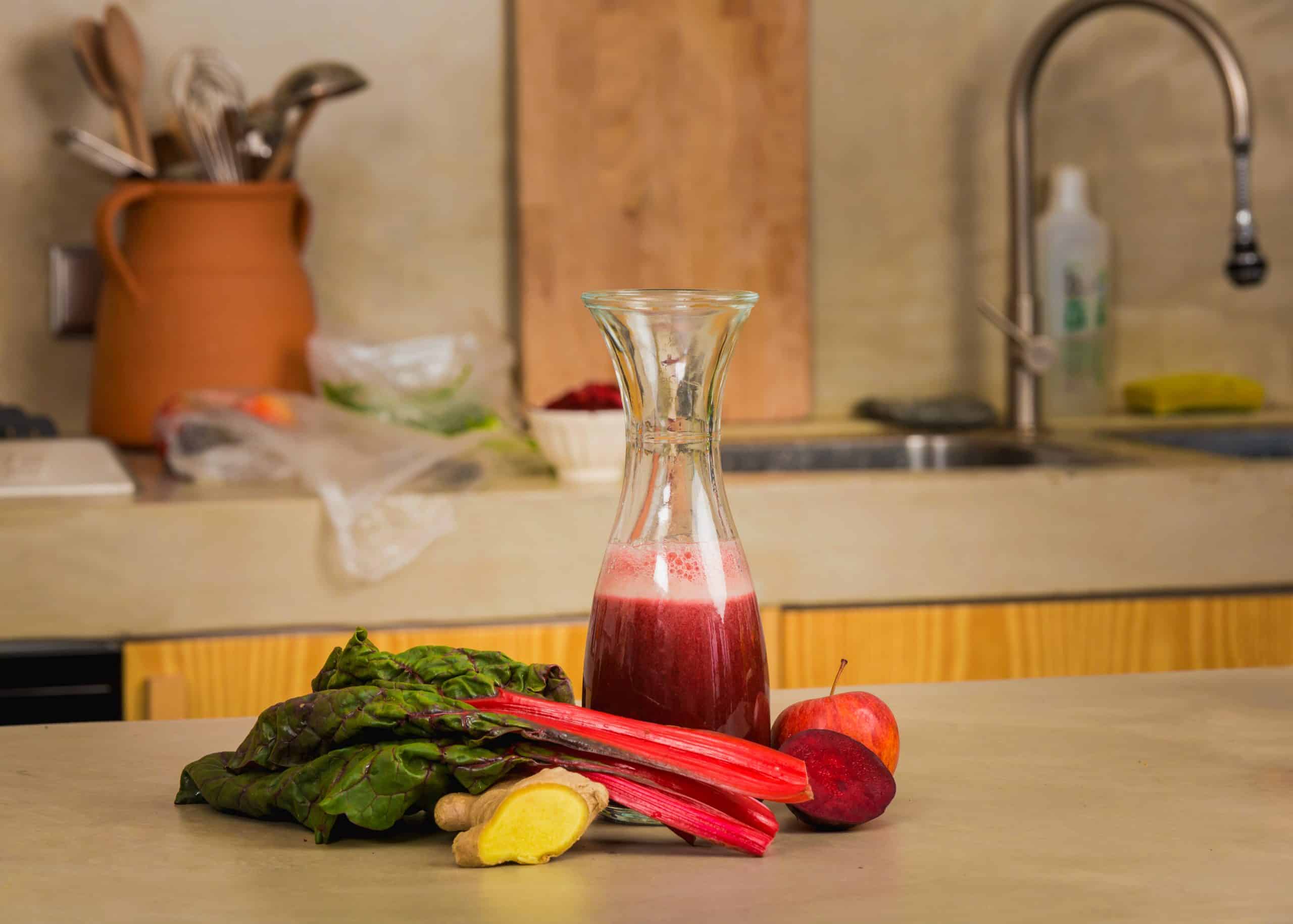What’s the Best Diet for a Parrot with Liver Issues?

Every parrot owner knows the joy of watching their feathered friend in full health. However, when it comes to the wellbeing of our avian companions, certain health issues are not always apparent. One such concern is liver disease, a condition that can be quite common in birds, particularly parrots. But fear not, taking steps to ensure a balanced diet can go a long way in supporting your parrot’s liver health.
Understanding Liver Disease in Parrots
Before we dive into the diets best suited for parrots with liver issues, it’s important to understand this disease in more detail.
Cela peut vous intéresser : Can Ferrets and Cats Coexist Peacefully: Integration Strategies
The liver is a vital organ in a bird’s body, performing a variety of functions such as detoxification, protein synthesis, and the production of chemicals that help with digestion. Liver disease in parrots can result from a variety of factors, including toxins, infections, and most commonly, a poor diet.
Certain signs can suggest liver problems in your pet parrot. These include a change in your bird’s droppings, weight loss, loss of appetite, and a change in behavior. In some cases, your parrot may also send you messages through its behavior, such as displaying discomfort when perching, lethargy, or changes in its feathers.
A découvrir également : How to Train Your Dog to Safely Interact with Toddlers?
It’s essential to note that while these signs may suggest liver disease, they are not definitive. Therefore, if you notice any of these changes, it is advisable to get your pet checked by an avian veterinarian to get a clear diagnosis.
The Role of Diet in Liver Health
Like any other pet, your parrot’s diet plays a significant role in its overall health. With a liver disease, what your parrot consumes becomes even more crucial, as certain foods can strain the liver, while others can support its healing and functionality.
Typically, a high-fat diet is seen as the main culprit behind liver disease in birds. A diet rich in seeds, especially sunflower seeds and peanuts, can be high in fat and low in essential nutrients. While birds tend to love these seeds, relying solely on them can lead to obesity and fatty liver disease over time.
Feeding your bird a diet high in seeds might seem like you’re indulging them, but you’re potentially doing more harm than good. It’s similar to giving your children candy for every meal – they’ll love you for it, but their health will eventually suffer.
What’s the Best Diet for a Parrot with Liver Issues?
So, if seeds are off the table, what exactly should a bird with liver disease eat?
The primary diet for a parrot with liver disease should be low in fat and high in nutrients that support liver health. Your pet’s diet should comprise of a variety of fresh fruits and vegetables, with a particular focus on those rich in vitamin A, such as carrots, sweet potatoes, and dark leafy greens. These are good for your bird’s liver and provide a balanced diet that can support its overall health.
A well-balanced pellet diet is also a great option for parrots with liver disease. Unlike seeds, pellets come in a variety of formulations, with some specifically designed to support liver health. They provide a complete, balanced diet, making it a good option for your feathered friend.
It’s also worth noting that hydration is essential for a bird with liver disease. Providing fresh water daily will help in flushing toxins from the bird’s body and support the liver’s functionality.
Customizing your Parrot’s Diet
While we’ve provided some general guidelines on what a parrot with liver disease should eat, remember that every bird is unique. What works for one parrot, may not necessarily work for another.
Consult with an avian veterinarian to understand the specific needs of your pet. They can provide guidance on the right balance of foods and what specific brands of pellets to buy. You might also need to monitor your bird’s weight regularly, consider its age, activity level, and its specific health condition in customizing its diet.
In addition to their diet, other aspects such as environmental enrichment and exercise can also contribute to your bird’s health. So, while you focus on providing the best diet for your parrot with liver disease, don’t forget to ensure they are getting plenty of mental and physical stimulation.
In conclusion, while a liver disease diagnosis may be overwhelming, remember that your parrot’s diet plays a significant role in their health. By providing a low-fat, nutrient-rich diet, you can support your pet’s liver health and ensure they continue to thrive.
Leveraging Natural Supplements for Parrot Liver Health
Taking a step forward in our quest to ensure the best diet for our feathered friend, we can consider natural supplements that enhance the health benefits of a nutrient-rich diet. Certain natural substances have been found to be beneficial in supporting liver health, and including these in your parrot’s diet can help combat liver disease.
Milk thistle, for instance, is a herbal supplement that is often recommended for liver issues. It contains silymarin, an active compound that aids in liver repair by promoting the growth of new liver cells while also protecting the existing ones from damage. Adding a few drops of milk thistle extract to your parrot’s food or water can provide a health boost.
Amino acids also play a crucial role in liver health. They are fundamental in the synthesis of proteins, which are essential for liver repair and regeneration. Foods rich in amino acids, such as spirulina, can be an excellent addition to your parrot’s diet.
Flaxseeds are another great option. They contain omega-3 fatty acids, which are known to reduce inflammation and could potentially assist in mitigating the effects of fatty liver disease.
Remember, just like the primary diet, the use of these supplements should be guided by your veterinarian to ensure the correct dosage and frequency. Your pet bird’s individual needs, current health condition, and specific liver issues must be taken into account.
Conclusion: Maintaining Your Parrot’s Health
In the end, it all boils down to a loving and mindful approach towards your pet’s health. Recognizing the threads messages that your parrot weaves through its behavior can help you spot potential health issues before they become severe.
Liver disease, though common, can be managed effectively with the right diet and care. Steering clear of a high-fat diet, particularly one predominantly consisting of a seed mix, is the first step towards safeguarding your parrot’s liver health.
Instead, a balanced diet rich in vegetables, fruits, and specially formulated pellets will provide your pet bird with the required nutrients. Tailoring this diet further, with the help of your vet, to include beneficial supplements like milk thistle, amino acids, and fatty acids can further aid liver health.
Apart from diet, remember that your pet bird’s overall wellbeing also relies on mental and physical stimulation. Regular playtime and a variety of toys bird enthusiasts recommend can keep your parrot engaged and active.
In the face of a liver disease diagnosis, remember the importance of diet and don’t underestimate the power of love and care. A healthy diet, a stimulating environment, regular check-ups, and your affection will ensure your parrot continues to bring joy and color to your life.
